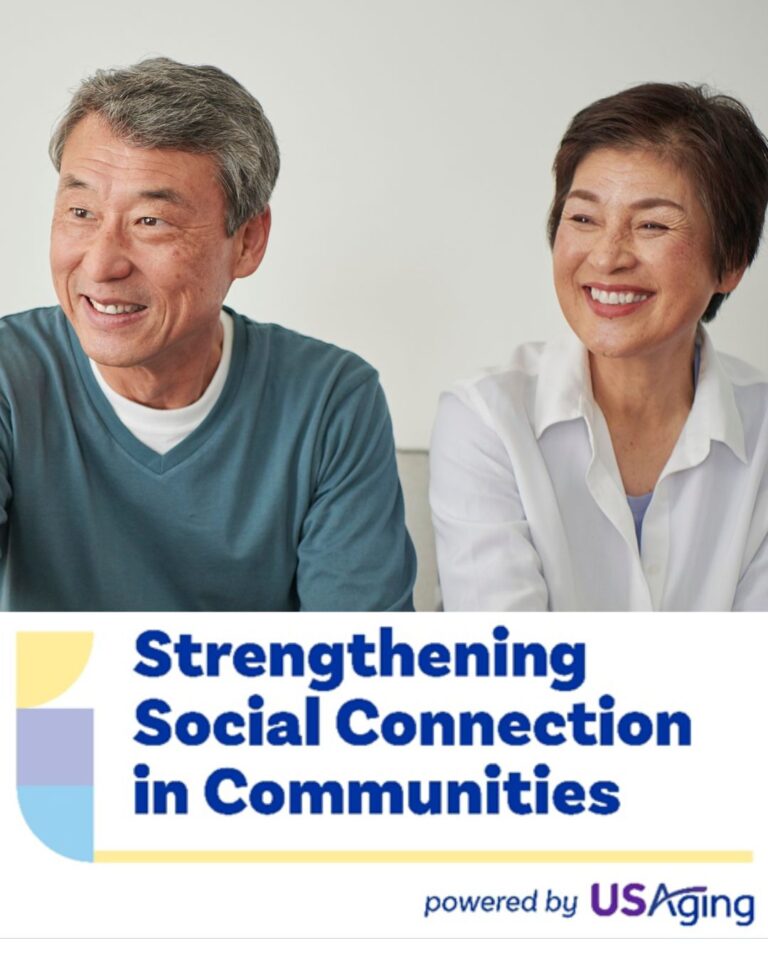By Monica Brown
Program Officer
Research shows that nearly half of the population in the United States will experience a  traumatic event such as: the loss of a loved one, a serious injury, witnessing a violent crime, domestic violence, abuse or neglect at some point in their lives.
traumatic event such as: the loss of a loved one, a serious injury, witnessing a violent crime, domestic violence, abuse or neglect at some point in their lives.
These experiences can have both an immediate and long-lasting impact, particularly for young children. In fact, children who are exposed to toxic stress over an extended period of time can experience consequences that negatively impact their physical and mental health for the rest of their lives. We’ve known about the potential results of early traumatic experiences since the late 1990s when researchers conducted the now infamous Adverse Childhood Experiences (ACE) study. By investing in a child’s development from when they born – and before – until they are five years old can result in avoiding negative impact and can foster positive social, cognitive and economic gains that last well beyond childhood.
Since its inception, the Health Foundation for Western and Central New York has focused on ensuring that all children impacted by poverty are physically, socially and emotionally healthy as they enter kindergarten. For the last several years, we have been committed to improving children’s social and emotional health through programs such as PEDALS and Help Me Grow and supporting children and families through the spread of evidence-based maternal and child health interventions.
Deepening Our Commitment to Children’s Health
The issues of trauma and toxic stress are no longer being ignored on a local, regional or state level. To contribute to the work already happening in our communities, in September of 2018 we launched a multi-year, three phase initiative titled Co-Creating Well-Being: Supporting Children and Families Through Trauma.
Over the course of this multi-year, three-phase program, organizations and providers that work with children and families will have the opportunity to participate in skill building and technical training sessions on trauma, trauma-informed care, toxic stress, adverse childhood experiences and early childhood development; and learn about Human Centered Design methods and tools to gather insights that will allow them to develop new interventions with the community at the core of the process. The ultimate goal is to support funding opportunities that expand the availability and spread of evidence-based interventions and programs that support children and families to address trauma, healing and well-being.
Phase One of Co-Creating Well-Being commenced in October, where more than 220 dedicated providers from over 75 agencies ranging from health care and social service providers to educators and civil service employees participated in our first two trauma trainings. Participants’ were trained to recognize the signs and symptoms of trauma in clients, their families, as well as staff; integrate knowledge about trauma into policies, procedures and practices; and work to prevent re-traumatization.
Dr. Michelle Sperlich of the State University of New York at Buffalo School of Social Work and Dr. Whitney Mendel of Daemen College School of Public Health led the full-day workshop which focused on the effects of trauma, particularly in the perinatal period and during early childhood. Research informs us that trauma and toxic stress are exposures that can produce environmental and social risks that can negatively impact a child’s ability to thrive in early childhood. Yet an important message from the training teaches that biology is not destiny; we have an opportunity to change the trajectory of the lives of children who have experienced trauma. We must engage from a place of curiosity without judgement or blame. We must ask “What happened?, instead of What’s wrong with that person?” This demonstration of humanity and respect supports everyone, not just children and families who have survived a traumatic experience or have been traumatized.
In November, our second component of training will teach Human Centered Design methods and tools to support the design and delivery of supportive programs and interventions with the community at the core of the process. There will be two separate deliveries, the first on November 7 in Buffalo followed by a training on November 15 in Ellicottville. If you are interested in attending, please click here to apply. Please note that applying is not registration. Limited spots are available, and will be offered until we reach event capacity.
As a funder focused on making sure all young children are physically and emotionally healthy as they enter into kindergarten, we want to invest in the development of strong, nurturing communities and family environments. The Co-Creating Well-Being: Supporting Children and Families Through Trauma program is a way for us to continue on that path.
In the first phase of this initiative, we are proud to partner with the Chautauqua Region Community Foundation, the John R. Oishei Foundation, the Peter and Elizabeth C. Tower Foundation, and the Ralph C. Wilson, Jr. Foundation.


